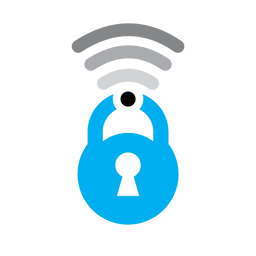The Global Digital Crackdown: How Governments and Corporations Are Dismantling Online Freedom in 2025

The year 2025 has marked a watershed moment in the battle for digital freedom. Across the globe, from Washington to Brussels, Sydney to Dublin, governments are launching a coordinated assault on online privacy, free expression, and anonymous internet access. This isn't happening in isolation—it's a synchronized campaign involving payment processors, tech giants, and regulatory bodies that threatens to fundamentally reshape the internet as we know it.
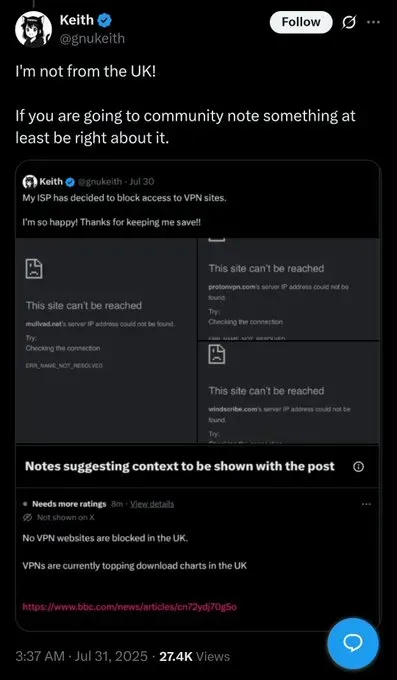
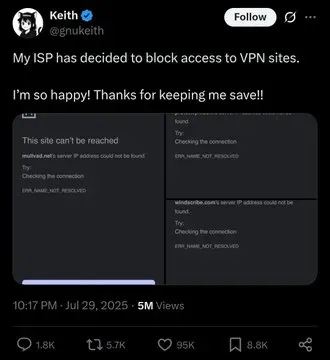
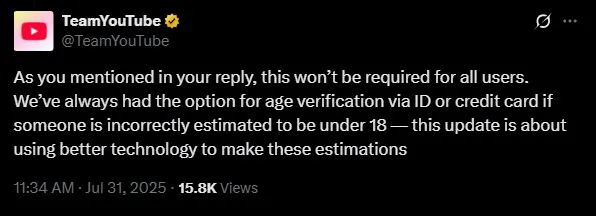
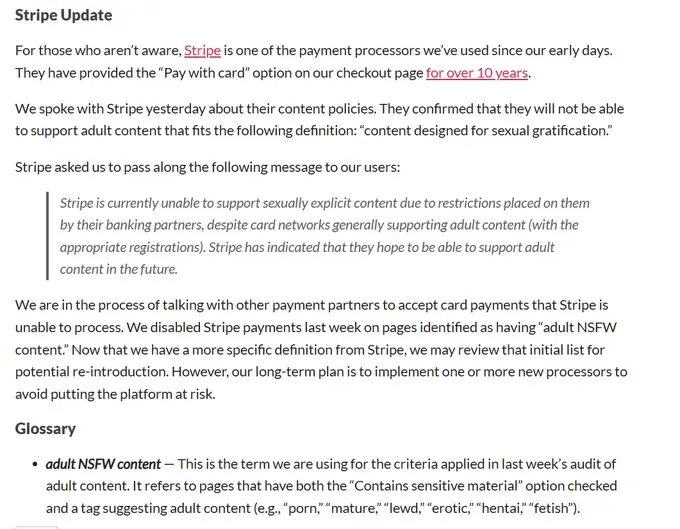
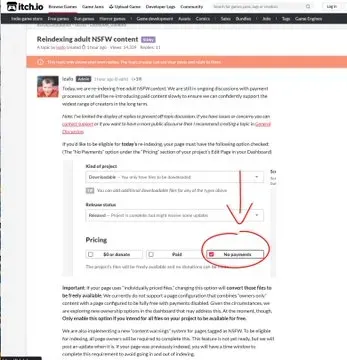
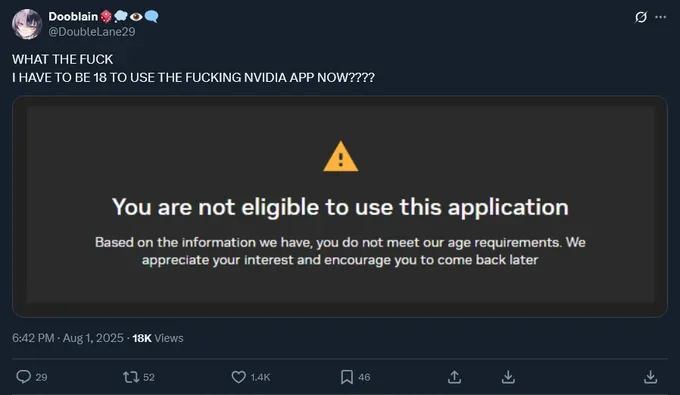
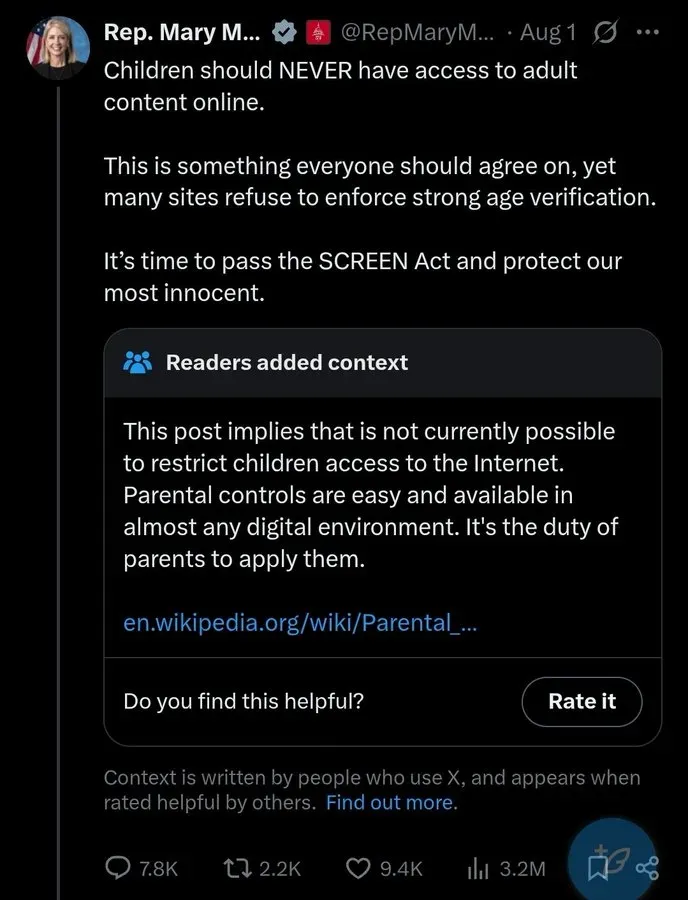
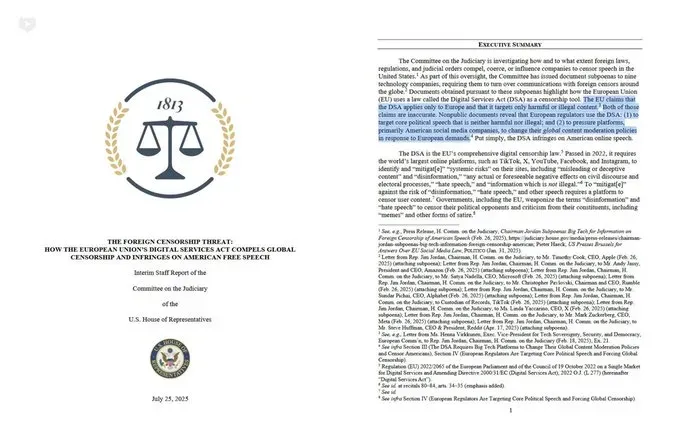
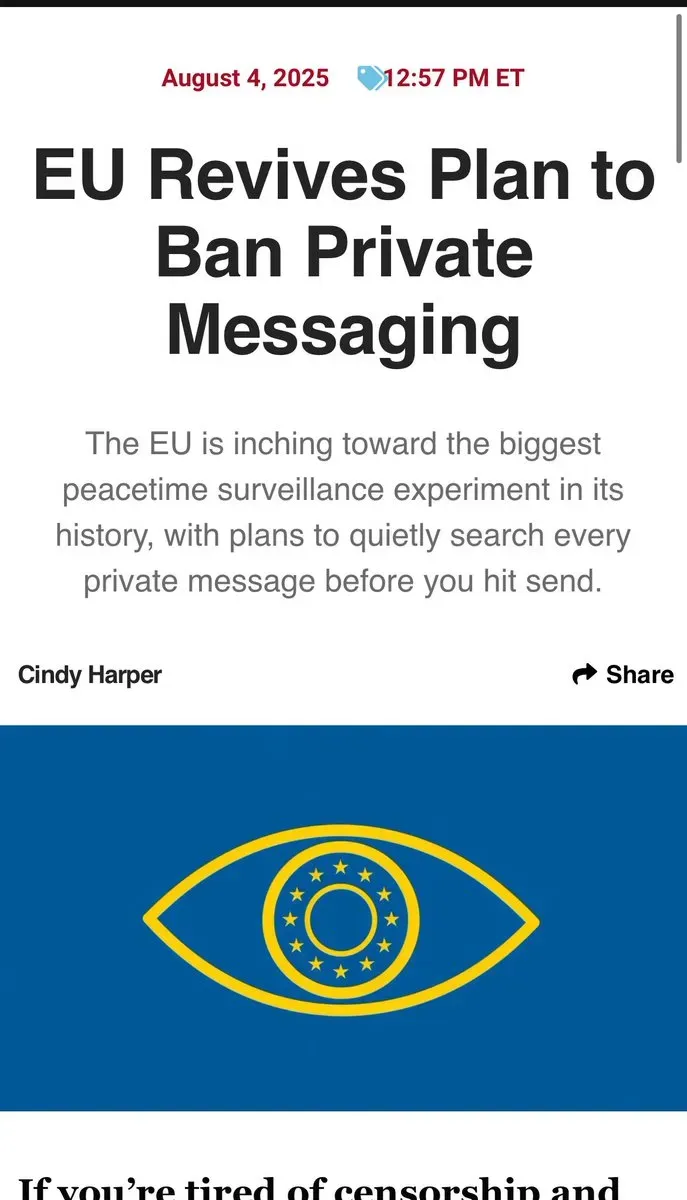
The EU's Resurrection of Mass Surveillance
The European Union has quietly revived its most controversial surveillance proposal yet. As reported on August 4, 2025, the EU is moving forward with plans to scan every private message before users hit send—what critics are calling "the biggest peacetime surveillance experiment in its history." This isn't just about monitoring public posts; it's about infiltrating the most intimate digital communications between citizens.
The timing is no coincidence. This resurrection comes as the EU's Digital Services Act continues to pressure U.S. tech companies to enforce global censorship standards, even affecting American political speech. According to a U.S. House Judiciary report obtained in July 2025, the DSA has become a tool for extraterritorial control, forcing platforms to apply EU censorship rules worldwide.
This builds upon the EU's broader surveillance agenda, which could see all chat messages scanned by October 2025. The infrastructure for this mass surveillance is already being constructed under the guise of child protection—a noble cause being weaponized to justify unprecedented privacy violations.

The Identity Verification Trap Spreads Globally
What started as isolated national initiatives has morphed into a global push for mandatory identity verification. In just the past two weeks, we've witnessed an avalanche of ID-based restrictions:
United States: Congresswoman Mary Miller's push for the SCREEN Act faced significant backlash when community notes on X exposed the true implications of "age verification." Her claim that "children should NEVER have access to adult content online" was met with widespread criticism, with users pointing out that parental controls already exist and that government-mandated verification threatens everyone's privacy.
Australia: The Australian government has finally admitted what privacy advocates warned about all along. To enforce their under-16 social media ban, as detailed in our comprehensive analysis, every single user—regardless of age—will need to upload government ID. This means the government will be able to track every X post, every Facebook comment, with no VPN able to protect citizens' privacy. The country's digital ID system, with its concerning Israeli connections through AU10TIX, represents a blueprint for authoritarian control.
The European Union's Digital Services Act (DSA) claims to target only harmful content in Europe, but our analysis of the House Judiciary Committee's recent report reveals that the DSA pressures US tech companies, including X, to enforce censorship on a global scale—including…
— Global Government Affairs (@GlobalAffairs) August 6, 2025
United Kingdom: The UK's Online Safety Act has reached absurd new heights. Young adults are now reporting they cannot adjust their NVIDIA graphics card settings on gaming PCs because they're not yet 18. This isn't satire—it's the reality of age verification gone mad, where basic computer functionality requires identity verification.
Ireland: In a landmark case, Ireland's High Court has sided with the state in enforcing sweeping Online Safety Codes. X's challenge to these regulations, which force platforms to actively remove "harmful" content, was rejected. The court ruled that this censorship regime is perfectly lawful under EU and Irish law, setting a dangerous precedent for the entire European Union.
Payment Processors: The Hidden Censors
The role of payment giants in this digital crackdown cannot be overstated. Mastercard and Visa have become de facto internet police, using their financial leverage to force platforms into compliance with content restrictions that go far beyond legal requirements.
The recent Itch.io incident perfectly illustrates this dynamic. The gaming platform was forced to delist adult content after pressure from payment processors, specifically citing Stripe's inability to process payments for "sexually explicit content" due to banking partner restrictions. However, after massive public backlash, Itch.io announced they would be relisting the content while continuing negotiations with payment processors. This small victory shows that resistance is possible, but the underlying threat remains.
As we've previously analyzed, these payment companies aren't just processing transactions—they're positioning themselves as digital identity providers, creating a world where financial access depends on compliance with arbitrary content policies.
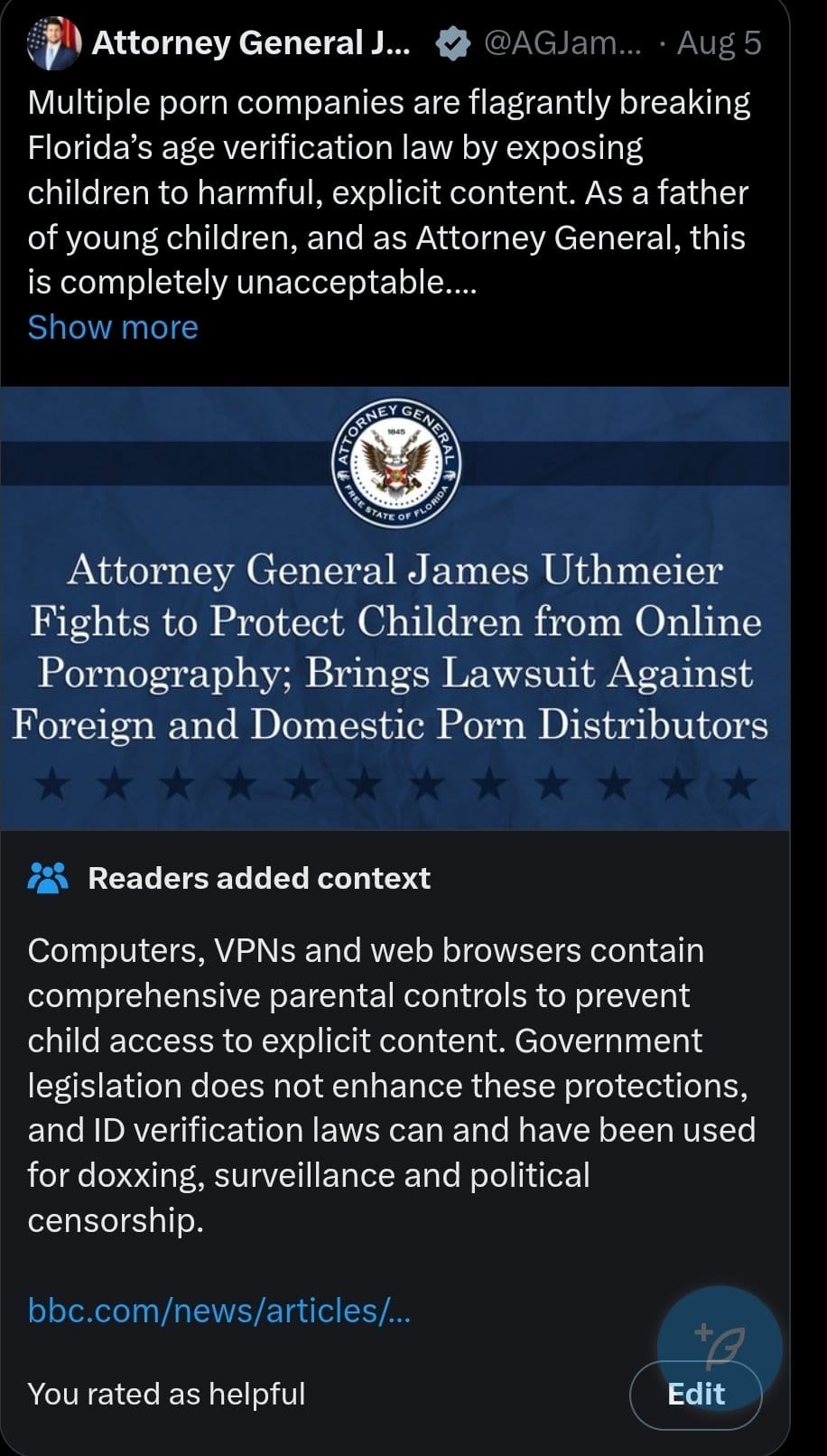
The Technical Arms Race: VPNs Under Attack
Perhaps most alarmingly, ISPs are now actively blocking access to VPN websites. Users worldwide—not just in authoritarian countries—are reporting DNS blocks preventing them from even visiting VPN provider sites. One user's post went viral on July 29, 2025, showing their ISP blocking VPN access despite not being in the UK, proving this is a coordinated global effort.
This represents a fundamental shift in internet architecture. VPNs have long been the last line of defense for privacy-conscious users, journalists, and activists. By blocking access to these tools at the ISP level, governments are eliminating the escape routes from their surveillance apparatus.
Italy's Piracy Shield system provides a glimpse of this future. What began as an anti-piracy measure has expanded into a comprehensive blocking system that can take down any website within 30 minutes, with no meaningful oversight or appeals process.
EU Digital Service Act is trying to pressure U.S Companies to censor speech and services globally
— Chibi Reviews (@ChibiReviews) August 7, 2025
The DSA is the law similar to the United Kingdom Online Safety Act pic.twitter.com/nY8crV9ZqA
AI-Powered Censorship: The YouTube Model
YouTube's latest announcement reveals another piece of the puzzle. The platform is rolling out an AI system that estimates whether an account holder is under 18 based on viewing habits. Watch cartoons as an adult? The AI might flag your account for restriction. This behavioral profiling goes far beyond simple age verification—it's about creating detailed psychological profiles of every user.
The implications are chilling. This technology doesn't just restrict content; it creates a permanent record of interests, habits, and preferences that could be used for everything from targeted manipulation to social credit scoring. As we've explored in our analysis of digital ID and CBDCs, these systems are converging toward a Chinese-style social credit system, complete with smart city IoT integration.
The Coordination Pattern
The simultaneous nature of these initiatives across multiple countries reveals coordination at the highest levels. This isn't organic policy development—it's a synchronized campaign involving:
- Regulatory Capture: Governments passing laws that require identity verification
- Financial Pressure: Payment processors enforcing content policies beyond legal requirements
- Technical Barriers: ISPs blocking privacy tools and VPN access
- AI Surveillance: Platforms using behavioral analysis to profile and restrict users
- Legal Precedents: Courts upholding censorship regimes and rejecting challenges
Each element reinforces the others, creating a web of control that becomes increasingly difficult to escape.
16 New Cosponsors have joined in for support of "Kids Online Safety Act" to be passed within the United States.
— Chibi Reviews (@ChibiReviews) August 6, 2025
"KOSA" is a similar bill to the UK "Online Safety Act" that came into effect two weeks ago.
It has both Left and Right Politicians wanting it to pass pic.twitter.com/sTuKTSv9Sm
The Resistance and Path Forward
Despite this coordinated assault, resistance is emerging. The community notes on Congresswoman Miller's post show that citizens understand the implications of these policies. The Itch.io reversal demonstrates that public pressure can force corporations to reconsider. The viral posts about VPN blocking are raising awareness about the global nature of this crackdown.
But awareness alone isn't enough. The infrastructure for total digital control is being built now, piece by piece. Once completed, it will be exponentially harder to dismantle. The age verification systems being implemented today will become the social credit scores of tomorrow. The payment processor restrictions will evolve into complete financial exclusion for dissidents. The VPN blocks will expand into Great Firewall-style internet segregation.
Conclusion: The Crossroads of Digital Freedom
We stand at a critical juncture. The internet that promised democratization of information and freedom of expression is being systematically dismantled and replaced with a surveilled, controlled, and censored digital prison. The coordination between governments, corporations, and financial institutions reveals that this isn't a series of isolated incidents—it's a deliberate strategy to eliminate online anonymity and free expression.
The question isn't whether this digital authoritarianism will arrive—it's already here. The question is whether enough people will recognize the threat in time to resist it. Every accepted age verification, every normalized censorship, every tolerated VPN block brings us closer to a future where the internet becomes not a tool of liberation, but an instrument of total control.
Good news from Germany: The Constitutional Court ruled that messenger surveillance is allowed only for serious crimes, like terrorism or murder. This blocks the EU's mass surveillance plans under the DSA within Germany. Freedom wins today. pic.twitter.com/HhwBid9VsV
— Pirat_Nation 🔴 (@Pirat_Nation) August 7, 2025
The examples from the EU, UK, Australia, Ireland, and the United States show that no country is immune. This is a global phenomenon requiring a global response. The time for complacency has passed. The digital future—and with it, the future of human freedom—is being decided now.
Just back from Europe, House Judiciary lawmakers are sounding the alarm: a wave of laws like the Digital Services Act, Digital Markets Act, and the UK’s Online Safety Act are embedding censorship into the legal DNA of Western democracies, and American companies, speech, and… https://t.co/To5irMzsBn
— Reclaim The Net (@ReclaimTheNetHQ) August 7, 2025


